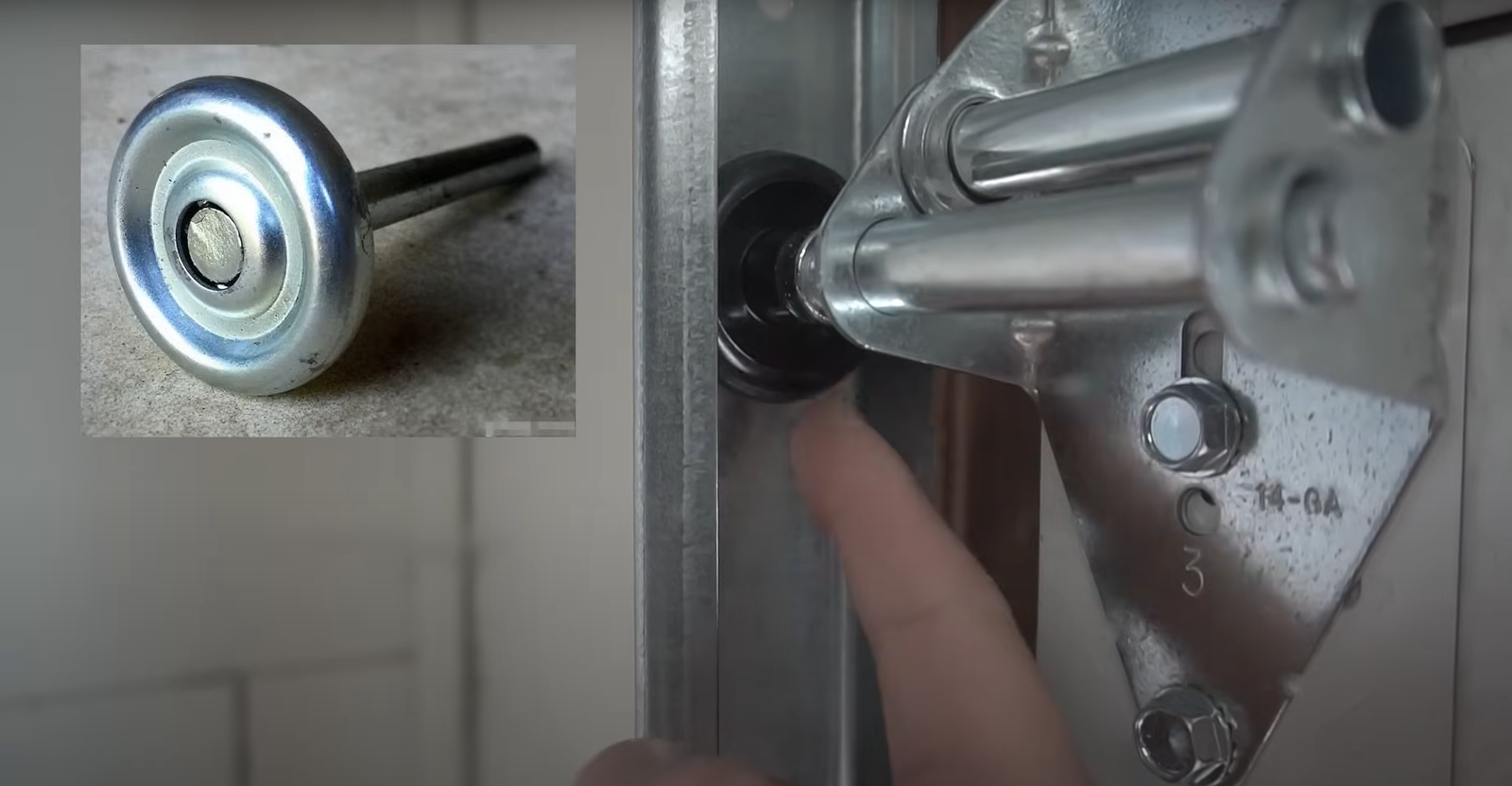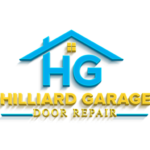Silence the Squeak: A Noisy Garage Door Fix
- Commercial Garage Door
- Garage Door Opener Installation
- Garage Door Spring Repair
- Same Day Garage Door Repair
- Custom Garage Doors
- Garage Door Opener Repair
- Garage Door Track Repair
- Garage Door Cable Repair
- Garage Door Panel Repair
- Local Garage Door Repair
- Garage Door Replacement
- Noisy Garage Door Fix
- Gate Repair
- Garage Door Installation
- Garage Door Section Replacement
- Overhead Garage Door Repair

Silence the Squeak A Noisy Garage Door Fix
A noisy garage door can be more than just an annoyance; it can disrupt your peace and even signal potential wear and tear. Whether it’s the grinding, squeaking, or rattling noise that’s driving you up the wall, don’t worry – you’re not alone. This guide will walk you through easy solutions for identifying the culprit and applying a foolproof noisy garage door fix.
Identifying the Culprit
Before you grab your tools, it helps to pinpoint what’s causing the racket. Here are the usual suspects:
Lack of Lubrication
One of the most common reasons for a noisy garage door is a lack of proper lubrication. The moving parts, such as rollers, springs, and hinges, can dry out over time, leading to friction and noise.
Loose Hardware
Bolts, nuts, and screws can loosen with daily use. This often leads to vibrations, resulting in irritating rattling noises when opening or closing the garage door.
Worn Rollers
The rollers on your garage door help it move smoothly along the tracks. When they become worn, cracked, or broken, they can create noticeable grinding or clicking noises.
The Noisy Garage Door Fix Step-by-Step
Once you’ve identified the cause, follow these simple steps to resolve the problem:
Gather Your Supplies
First, assemble the necessary tools and materials. You’ll need:
- A wrench or socket set for tightening hardware.
- Silicone-based garage door lubricant for moving parts.
- Replacement rollers (nylon rollers are quieter than steel).
Lubricate Moving Parts
Start by applying a silicone-based lubricant to all moving parts:
- Spray the lubricant on the hinges, rollers (avoid spraying the tracks themselves), springs, and the bearing plates.
- Manually open and close the door a few times to distribute the lubricant evenly.
This step helps reduce friction and allows the garage door to operate smoothly and quietly.
Tighten Loose Hardware
Using your wrench or socket set, inspect and tighten any loose bolts, nuts, and screws on the garage door tracks, hinges, and brackets. Ensure everything is snug but avoid overtightening, as this may cause damage or extra strain on the parts.
Replace Worn Rollers
If the rollers appear cracked or damaged, it’s time to replace them:
- Disconnect your garage door opener to prevent accidents.
- Remove the bracket holding the roller in place and slide the old roller out.
- Insert the new roller and secure it.
Pro tip Nylon rollers are quieter and longer-lasting than their steel counterparts, making them a great option.
Preventative Maintenance Keeping the Noise Away
To avoid dealing with a noisy garage door in the future, focus on consistent upkeep:
Regular Lubrication Schedule
Set a reminder to lubricate the moving parts every six months, ensuring the door operates smoothly all year round.
Routine Inspections
Conduct a quick inspection of your garage door hardware, springs, and rollers every few months. Identifying wear and tear early on saves you time and trouble in the long run.
Call in the Experts from Hilliard, Ohio
Fixing a noisy garage door doesn’t have to be complicated. With the right tools and some basic know-how, you can restore peace and quiet to your home in no time. However, if the noise persists or you’d rather leave it to the professionals, Hilliard Garage Door Repair is here to help. Get in touch with us today for expert assistance!
CALL NOW
